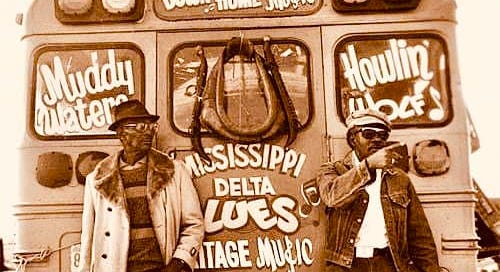While discussing my forthcoming novel, NextGen, someone recently remarked to me that it’s unusual to see musicians as the main characters in a work of science fiction and wondered whether music plays a large part in the story. Yes, this is very much a book for music-lovers.
One of the moments that inspired me to write NextGen was when I was sitting around a table having a few drinks with some very good friends, listening to music as we had always done. This time, someone had played an AI-generated song in the style of the popular British rock band, Oasis, and it was actually halfway decent. It was certainly amusing, though I got the same pit in my stomach that I get whenever I see art or images that were clearly AI-generated. One of my friends, on the other hand, was on the verge of tears. She was distraught at the notion that a machine could so credibly approximate something so close to her heart and that she’d always believed was so exclusively human. It made me want to explore this idea from the perspective of the young people who, like me, will be drawn to music like a sailor to a siren, but who will come up in a very different world than I did.
Music is the heart and soul of NextGen: it’s got everything from learning to play, songwriting, dynamics of playing in a band, and touring, to discussions of art and music as a unique feature of human consciousness, the possibilities for AI music, even music therapy. One prominent theme is music’s role in the rise and fall of the 20th century middle class, itself a precursor to the headlong plunge into our present digital age. One of the characters, an aging punk rocker named Bob Jones who operates a swap meet record store, describes the 20th century as being the advent of the greatest access to music for working people that the world has known, and how the stripped-down music that resulted from that period reflected the lives of progressively larger swaths of people and cultures. But then he points to the early 21st century as when the corporate homogenization and the internet’s atomization of music eroded our shared culture and with it our ability to affect change in the face of societal upheaval.
Many experts believe that automation will make even our immediate future unrecognizable. Thus, it’s crucial for us to take stock of the things that make human existence so enriching—like art and music—and think deeply about what our lives will be like if those things no longer hold the meaning they once did. Prior to the 20th century, access to music was something of a luxury. Today, it’s a huge part of the culture that connects us, and an ethereal source of comfort, joy, and inspiration. In the future, we need to maintain access to this unique spiritual force as the birthright of the next generation.



